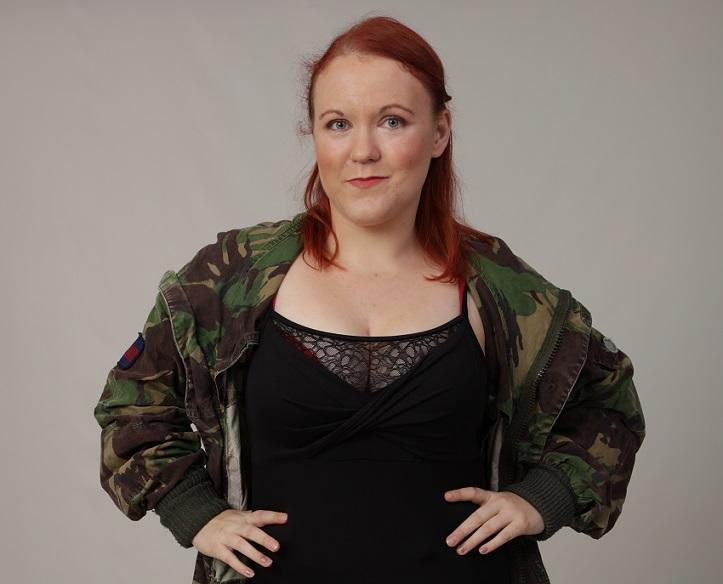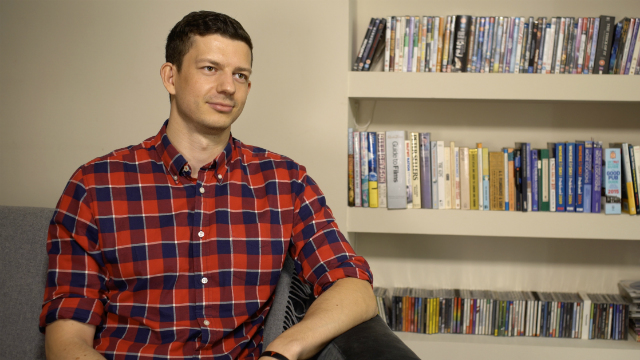
Charlotte Austin
Diagnosed age 3.
Throwing around grown men or flipping 100kg tyres comes easily to me as a wrestler, but the fact that my diabetes can make me vulnerable at any time is infuriating.
For Charlotte, her type 1 diabetes is another thing she wrestles with on a daily basis. The psychological care she receives, alongside her active lifestyle, help support her through the challenges that living with diabetes can bring.




